Top 8 Health Benefits of Quince
A fruit with a lengthy history, the quince (Cydonia oblonga) is indigenous to the Mediterranean and various regions of Asia. Its cultivation dates back to the ... read more...time of ancient Greece and Rome, where it represented fertility and love. Quinces are related to well-known fruits like apples and pears, although being much less prevalent nowadays. Despite being utilized for many years in traditional medicine, there is still much to learn about their health advantages from a scientific perspective. Here are some recent health advantages of quince as well as some easy suggestions for including it into your diet.
-
Quinces contain fiber and several essential vitamins and minerals, making them a nutritious addition to almost any diet. A single, 3.2-ounce (92-gram) quince provides the following:
- Calories: 52
- Fat: 0 grams
- Protein: 0.3 grams
- Carbs: 14 grams
- Fiber: 1.75 grams
- Vitamin C: 15% of the Daily Value (DV)
- Thiamine (vitamin B1): 1.5% of the DV
- Vitamin B6: 2% of the DV
- Copper: 13% of the DV
- Iron: 3.6% of the DV
- Potassium: 4% of the DV
- Magnesium: 2% of the DV
As you can see, this fruit supplies moderate amounts of vitamin C and copper, plus small amounts of B vitamins, iron, potassium, and magnesium. While not extraordinarily rich in any specific compound, quinces offer a wide array of nutrients for very few calories.

Rich in nutrients 
Rich in nutrients -
The abundance of antioxidants in quinces is responsible for many of their health advantages. Antioxidants lessen metabolic stress, and inflammation, and protect your cells from harm caused by unstable molecules called free radicals. According to certain studies, quinces contain antioxidants such as flavonols like quercetin and kaempferol that may lower inflammation and protect against chronic diseases like heart disease.
Vomiting and nausea are two of the early pregnancy symptoms that are most frequently experienced. According to some research, quinces might be able to aid with these symptoms. One research of 76 pregnant women found that 20 mg of vitamin B6 was not significantly more helpful at reducing pregnancy-induced nausea than 1 tablespoon (15 ml) of quince syrup. Even though these findings are encouraging, more study is required.

Contain potent antioxidants 
Contain potent antioxidants -
Numerous studies indicate that quince syrup may aid in the treatment of acid reflux symptoms caused by gastroesophageal reflux disease (GERD). In a 7-week study of 80 children with acid reflux, quince syrup supplementation was just as effective as the medication often prescribed to treat the condition's symptoms. A 10-mg dose of quince syrup taken after meals were demonstrated to be just as effective as conventional medicine in research involving 137 pregnant women.
Additionally, a 4-week trial involving 96 children with acid reflux found that using quince concentrate in addition to conventional treatment reduced symptoms such as vomiting, food aversion, burping, and abdominal pain more effectively than just using the treatment by itself.
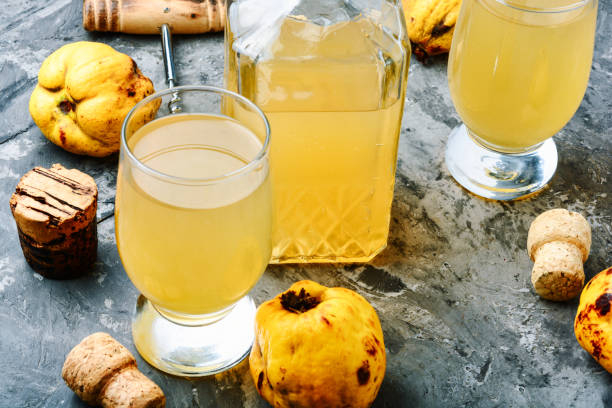
May reduce acid reflux symptoms 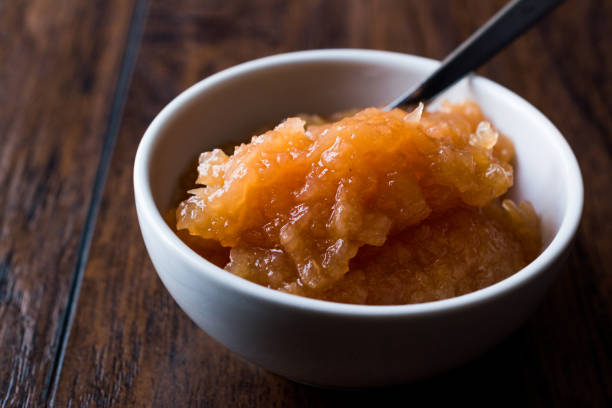
May reduce acid reflux symptoms -
By inhibiting the activity of specific immune cells that cause allergic reactions, quinces may reduce the severity of a variety of allergy symptoms. Commercial allergy medication Gencydo mixes quince fruit extract and lemon juice. Its potential to prevent and treat mild allergic reactions, like runny nose and asthma, is supported by a few modest trials.
Quince fruit and seed extracts may also be used to treat and prevent experimentally generated allergic dermatitis, according to tests on mice. Whether they would have the same impact on humans is still up for debate. More research is required, despite some experts' speculation that quince products would be a secure substitute for conventional allergy drugs.
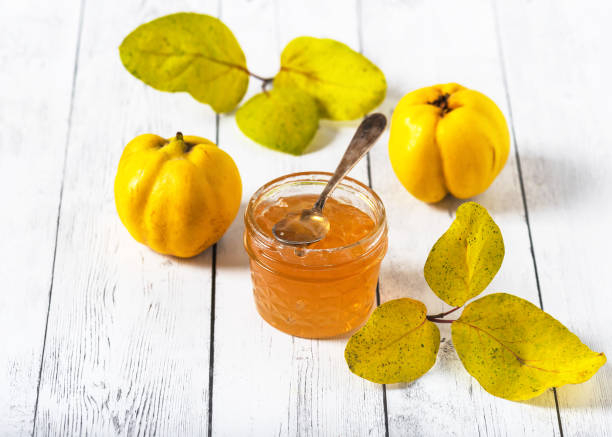
May protect against certain allergic reactions 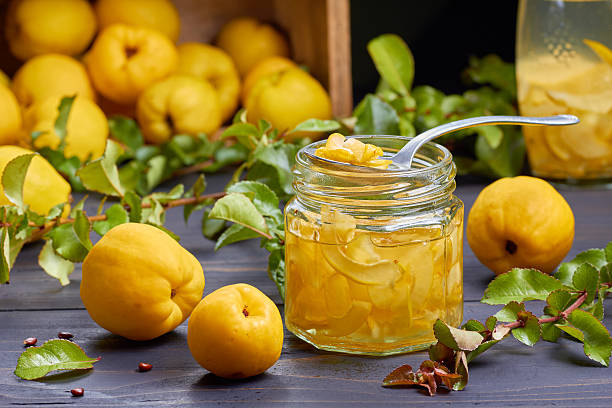
May protect against certain allergic reactions -
Your immune system may be supported by quinces. It contains antibacterial characteristics, according to several test-tube studies, which may aid in preventing the overgrowth of specific dangerous bacteria like E. coli and S. aureus. A quince also contains 15% of the daily value (DV) for vitamin C, which is necessary for a strong immune system.
Additionally, one fruit offers 6-8% of the daily recommended amount of fiber. The gut microbiome, a term used to describe the collection of beneficial bacteria found in your digestive tract, is supported by an adequate fiber diet. Keeping your gut microbiome healthy can help you prevent infections from dangerous bacteria in your digestive tract and reduce inflammation.
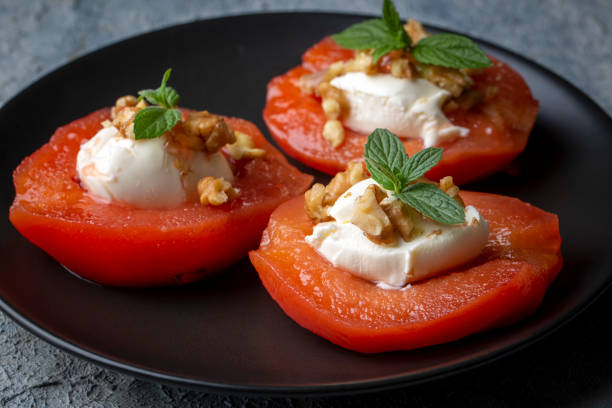
May support proper immune function 
May support proper immune function -
Improving your digestion is one of the best methods to maintain a healthy weight and a quick metabolism that keeps your body functioning at its optimum. Like most fruits, quince has a high dietary fiber content, which helps your digestive system function more frequently and effectively. If you take better care of your digestive system, you will have more energy and maintain a healthy weight.
The abundance of antioxidants and vitamins in quince is excellent for maintaining youthful, healthy skin. Antioxidants work to repair the harm that free radicals do to skin cells, which lessens the visibility of wrinkles, gets rid of blemishes, and protects your skin from UV radiation.
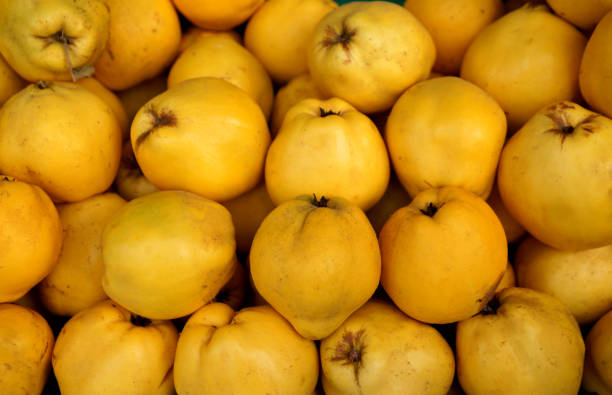
May promote weight loss and improve skin care 
May promote weight loss and improve skin care -
Iron, copper, and zinc are just a few of the abundant minerals found in quince. Red blood cell formation requires these three minerals as well as numerous other trace components. As more oxygen is delivered throughout the body when red blood cell production is strong, the circulation around the body improves. Because of the increased blood flow to the skin and scalp, as a result, hair follicle health and growth are improved.
Because it is necessary for regulating blood pressure and enabling efficient fluid movement between cells, potassium is one of the most significant minerals in the human body. Potassium lowers blood pressure by relaxing the arteries and blood vessels, which eases the burden on the cardiovascular system. This can minimize your risk of atherosclerosis and other conditions that increase your risk of coronary heart disease, heart attacks, and strokes.
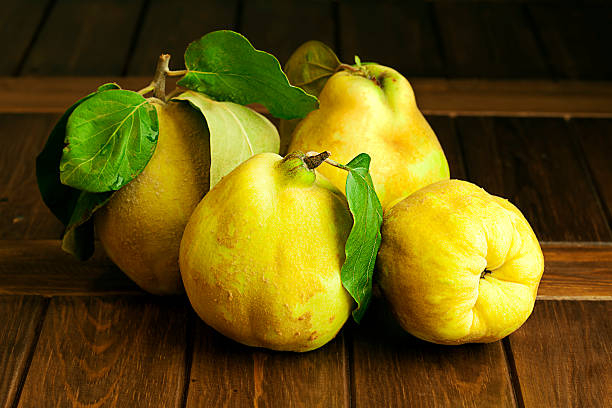
May improve circulation & hair health 
May improve circulation & hair health -
Traditional and folk medicine have traditionally utilized quinces to treat a range of stomach issues. According to recent studies, quince extract may shield gut tissue from harm caused by inflammatory bowel diseases (IBD), like ulcerative colitis. In comparison to the control group, rats with ulcerative colitis who received quince extract and juice showed much less damage to colon tissue.
According to a preliminary study, quinces' plant-based components may both prevent and heal stomach ulcers. A bacterium known to cause stomach ulcers, H. pylori, was stopped from growing in a test-tube study by quince juice. Quince extract, meantime, was found to be protective against alcohol-induced stomach ulcers in a rat investigation. Even though these findings are promising, more study is required.
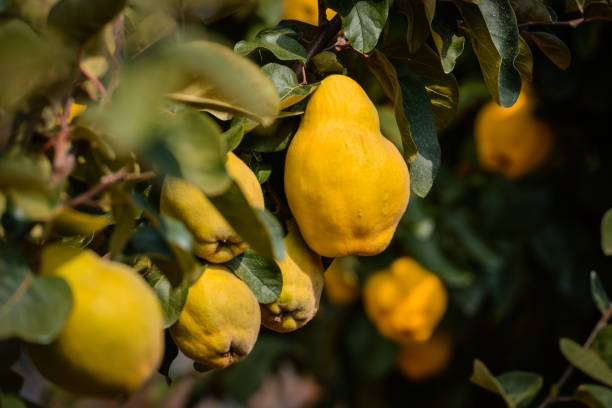
May relieve digestive issues and treat stomach ulcers 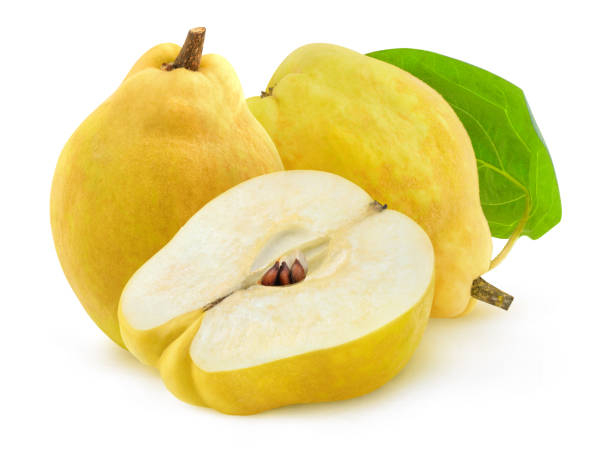
May relieve digestive issues and treat stomach ulcers





























